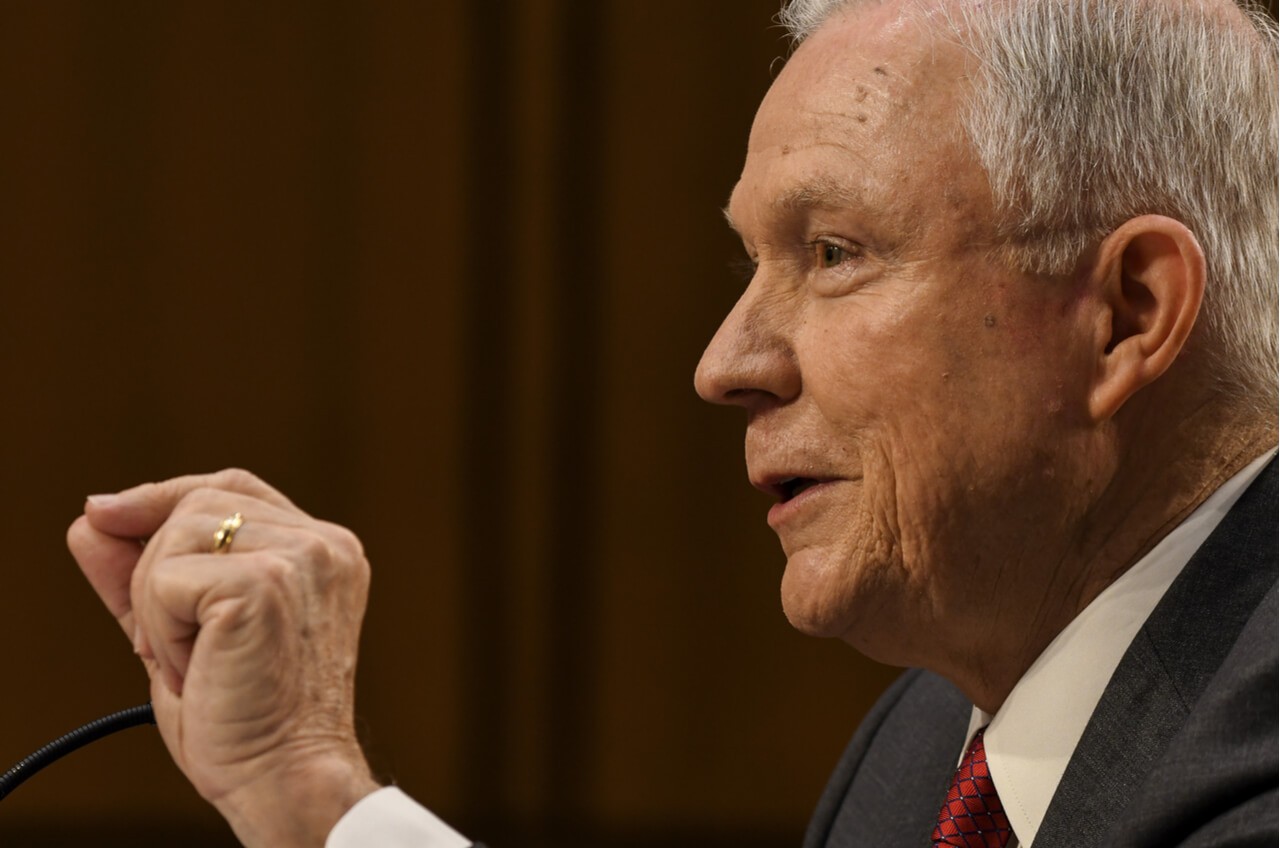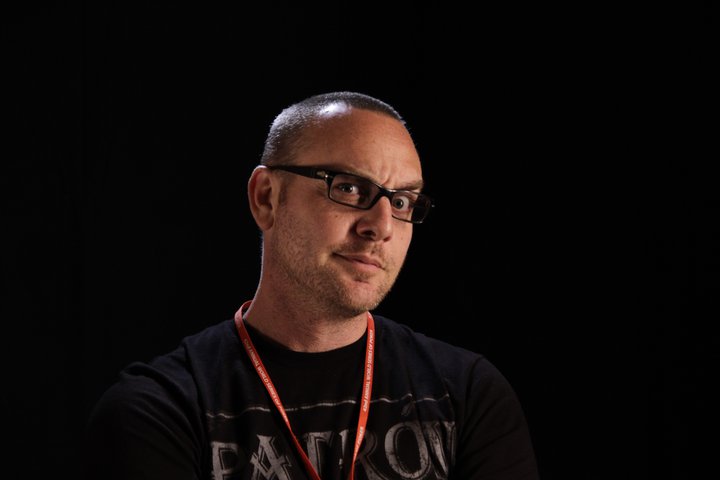
Nevada’s new recreational marijuana business is booming. However, with United States Attorney General Jeff Sessions issuing a memo to federal prosecutors to return to vigorously enforcing federal marijuana laws at the start of the New Year, Nevada’s casino industry is having a tough time figuring out how to deal with it.
According to numbers released by the Nevada Department of Taxation, recreational marijuana sales hit $126 million in October 2017. That was just four months after legal recreational pot sales started in the Silver State.
Colorado became the first state to begin recreational marijuana sales in 2014. Sales in the first four months there reached just $22.5 million.
Nevada charges a 15 percent tax on marijuana sales. The money goes into a state education fund. Additionally, there is a 10 percent tax levied that goes into the state’s rainy day fund. The state collected $19 million in marijuana sales taxes in the first four months of recreational marijuana sales.
The Cole Memo
A memorandum now known as the Cole Memo was issued by then-US Deputy Attorney General James M. Cole in 2013, during Barack Obama‘s second term as President. The memorandum sought to govern federal prosecution of marijuana related offenses. It essentially advised federal prosecutors to refrain from prosecuting state-licensed marijuana businesses. Unless the businesses violated both state and federal law.
Ultimately, this paved the way for state marijuana legalization across the country. States that wanted to legalize marijuana sales could suddenly do so without fear the feds would intervene.
Fifty-four percent of Nevada voters said yes to recreational marijuana sales in a November 2016 referendum. The recreational marijuana market opened up in the state on July 1, 2017.
Medical marijuana sales have been legal in Nevada since 2003.
Gaming commission maintains anti-marijuana casino policy
However, the Nevada Gaming Commission has maintained the position that marijuana is a Schedule 1 drug, and illegal under federal law. Therefore, the casino and marijuana businesses should not mix.
In 2014, the commission issued a directive to casinos regarding the medical marijuana dispensary business. It stated that unless federal law changes, casinos and anyone associated with a casino and licensed by the commission should not have any investment or involvement in the marijuana dispensary business. Unless they want that license revoked.
Even with recreational marijuana sales launching in the state last year, Nevada gaming regulators stuck by the idea casinos can’t be involved in the marijuana business. They’ve even further directed casinos that it is illegal for patrons to consume marijuana on casino property in the state.
However, a number of new fears regarding how casinos deal with the budding marijuana business and the hundreds of millions in revenue it is generating have now emerged.
Gaming Policy Committee looks for answers
Nevada Gov. Brian Sandoval reconvened the Nevada Gaming Policy Committee in late November 2017. The plan was to discuss the potential intersections of marijuana and gaming.
What it boiled down to was a discussion about whether casino operators are violating money laundering and other federal laws if they accept cash from players in the legal-in-Nevada-yet-illegal-in-the-US marijuana business.
Washington, D.C. lawyer Brian Barnes told the committee casinos that accept marijuana-business money could be consider co-conspirators in a criminal case against that business.
He also suggested any financial relationship between casinos and marijuana businesses could expose casinos to civil lawsuits. Specifically, under the civil Racketeer Influenced and Corrupt Organizations Act.
Plus, he said if a casino goes against gaming commission policy and invests in a marijuana-related business, it could lose more than its casino license. In fact, a casino could face money laundering charges.
Barnes also said renting space to a marijuana-sales business for things like cannabis conventions could also be considered a violation of federal law.
Now, Attorney General Sessions has essentially rescinded the Cole Memo. As a result, the Nevada casino industry is concerned these issues are quickly moving from remote possibility to reality.
The Gaming Policy Committee is expected to meet again in the near future in an attempt to understand the issue better and provide direction for Nevada casino operators going forward.
Photo by mark reinstein / Shutterstock.com



